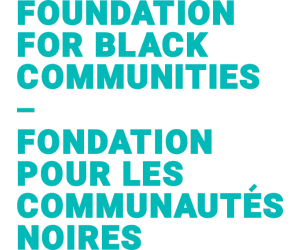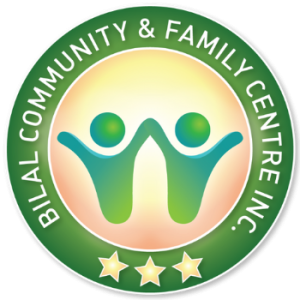Restorative Justice Project
Incorporating cultural understandings and traditional teachings in enhancing our Restorative Justice approaches to repairing the harm of criminal offences. Restorative Justice Project offers a series of recidivism prevention capacity-building programs, cultural workshops, mediation, mentorship, leadership, teachings circles and counselling sessions, addiction referrals to aid in the healing and reparation of harm.

DIVERSE NEEDS
To meet the diverse needs of immigrant, refugee and newcomer youth and adult individuals, and their families.

SUPPORT
To provide support to those who are struggling in the community to help improve their prospects
A big thank you to all our funders.


Project Overview
The Restorative Justice Project, known as The Community Restorative Justice (CRJ) program at Bilal Community and Family Centre (BCFC) is a culturally grounded initiative designed to divert newcomers, immigrants and refugees, both youth and adult irrespective of their gender orientation, from the criminal justice system by addressing the root causes of crime and promoting community healing, reparation, and reintegration through building healthy relationships. CRJ offers a preventive and transformative path that also connects with immigrant support services to strengthen community integration.
Previously scaled back due to funding limitations and operated on a volunteer led basis, RYJ has now been fully revitalized through a generous contribution from the Foundation for Black Communities. This renewed investment has enabled the hiring of two new staff members and the expansion of the program’s intake and service delivery capacity.
At its heart, the CRJ project leverages community based resources and embeds cultural understandings and traditional teachings into its Restorative Justice Project framework. This unique approach, complemented by blended counseling, provides an inclusive and effective strategy for true rehabilitation, healing, and crime prevention, supporting individuals in navigating social services and building long term resiliency. The comprehensive model focuses on early intervention and diversion for both youth and adults, offering culturally based alternatives to punitive systems while emphasizing healing for all parties involved.
Key Components:
- Diversion and Prevention: Focused on early intervention, Bilal Community Restorative Justice engages youth and adults at initial stages of contact with the justice system to prevent further involvement.
- Restorative Justice Practices: Offers culturally based alternatives to traditional punitive models, emphasizing healing for both the person harmed and the individual responsible.
- Family Engagement and Support Navigation: Parental education on youth and adult justice rights and preventive strategies further reinforces the program's holistic approach. It actively engages families, providing support navigation to help them access appropriate resources and services.
- Capacity Building and Recidivism Prevention: Capacity building is central, with offerings like mentorship, cultural workshops, digital literacy, recreation, leadership development, talking circles, and counseling, including addiction referrals, all aimed at preventing recidivism.
- Advocacy for Communities and Creating Systemic Change: Beyond individual support, CRJ is dedicated to advocacy, working to influence decision makers for sustained investment in culturally relevant crime prevention and strengthening partnerships between law enforcement, justice institutions, and ethno-cultural organizations to reduce reoffending.
-
Focus Areas:
-
Early intervention and diversion from the youth criminal justice system
-
Restorative justice practices to promote reconciliation and restore community safety
-
Rehabilitation programs rooted in cultural knowledge and practice
-
Addressing specific offending behaviors and their social drivers
-
Strengthening cross sector partnerships to address systemic racism and reduce reoffending
-
Parental education on youth justice rights and preventive strategies
Through its multi-faceted approach, the CRJ program at BCFC stands as a beacon of hope and support, committed to helping newcomers, immigrants and refugees who are in contact with the justice system or at the verge of contacting make positive life choices and empowering them on their journey toward healing, accountability, empowerment and successful reintegration into the community. This reintegration program also complements immigrant support services by providing long term solutions that promote inclusion, stability, and growth for all participants.
